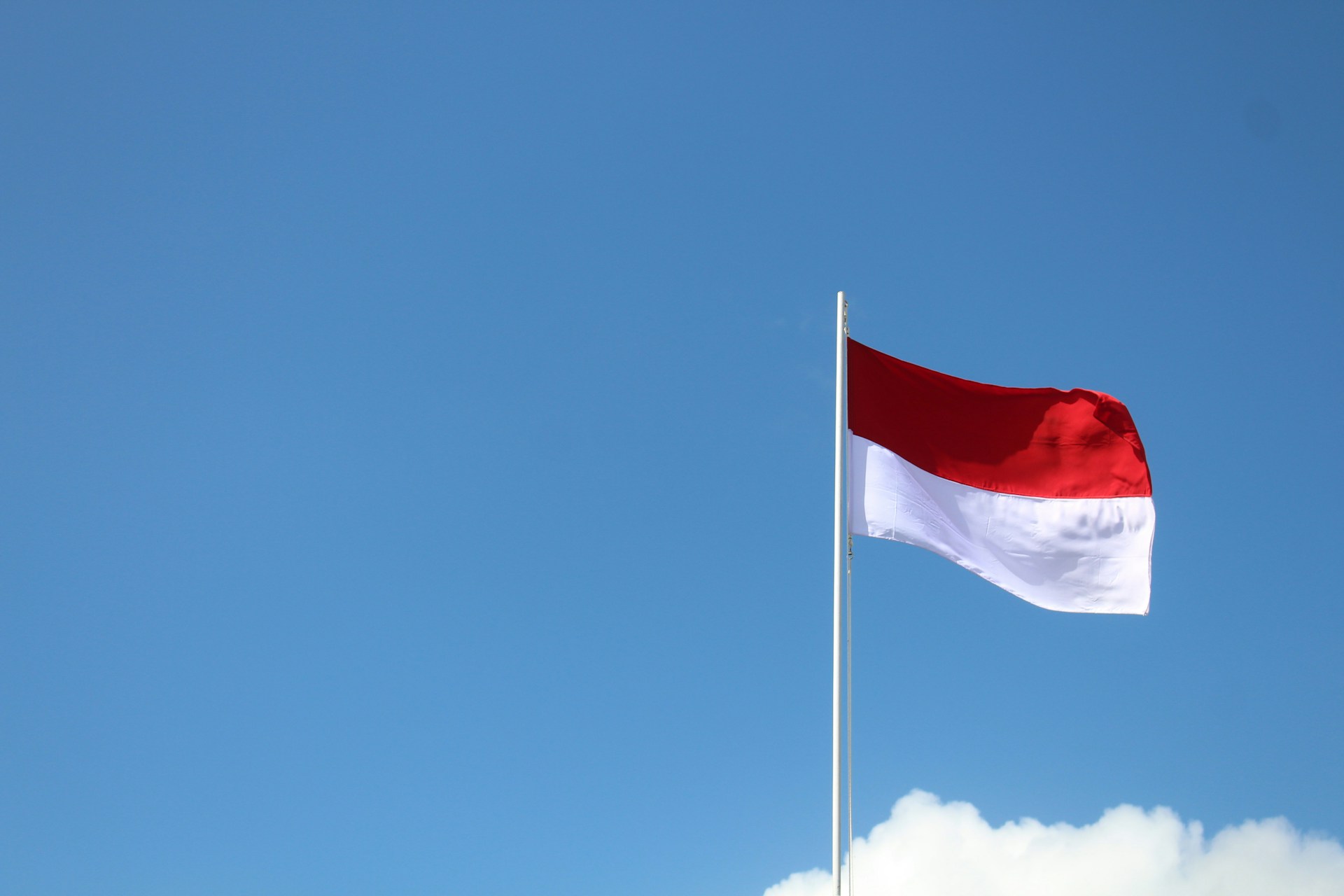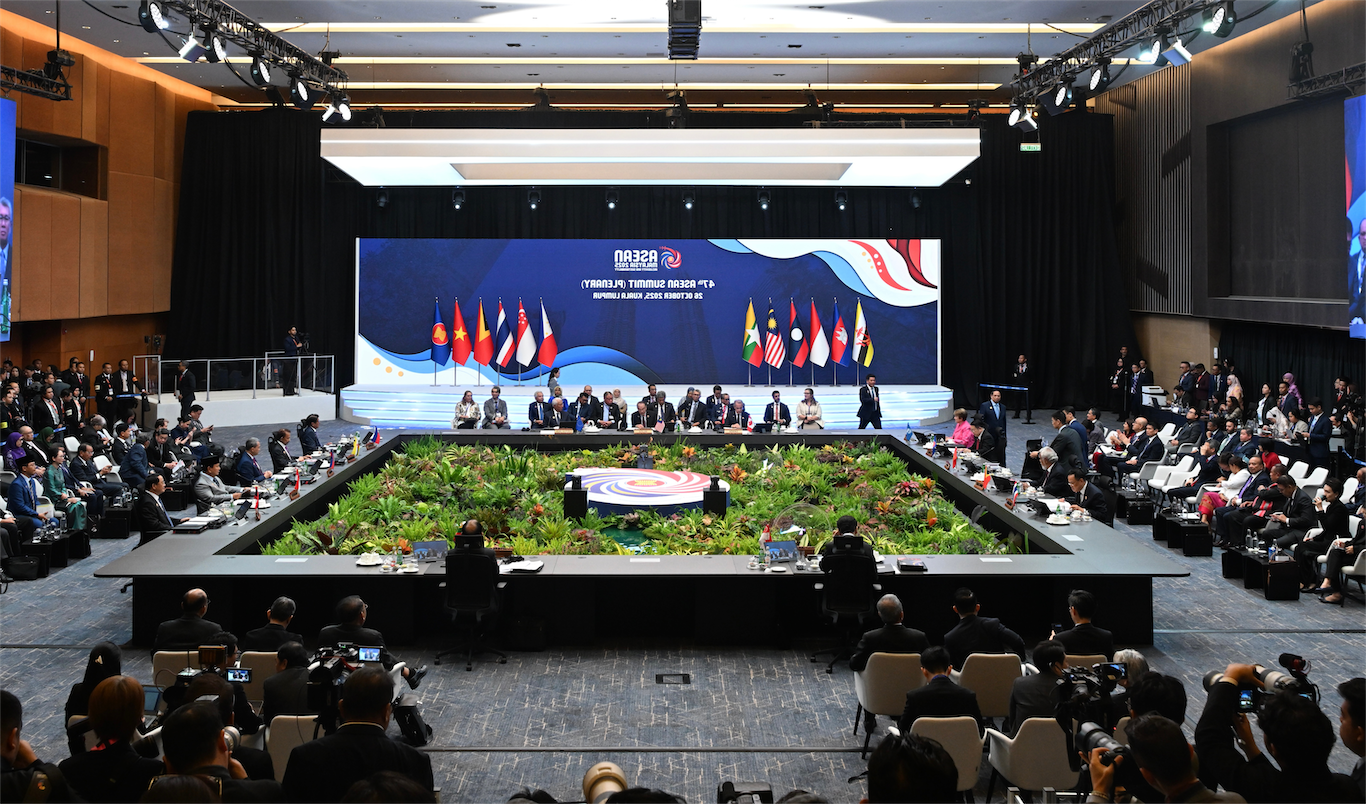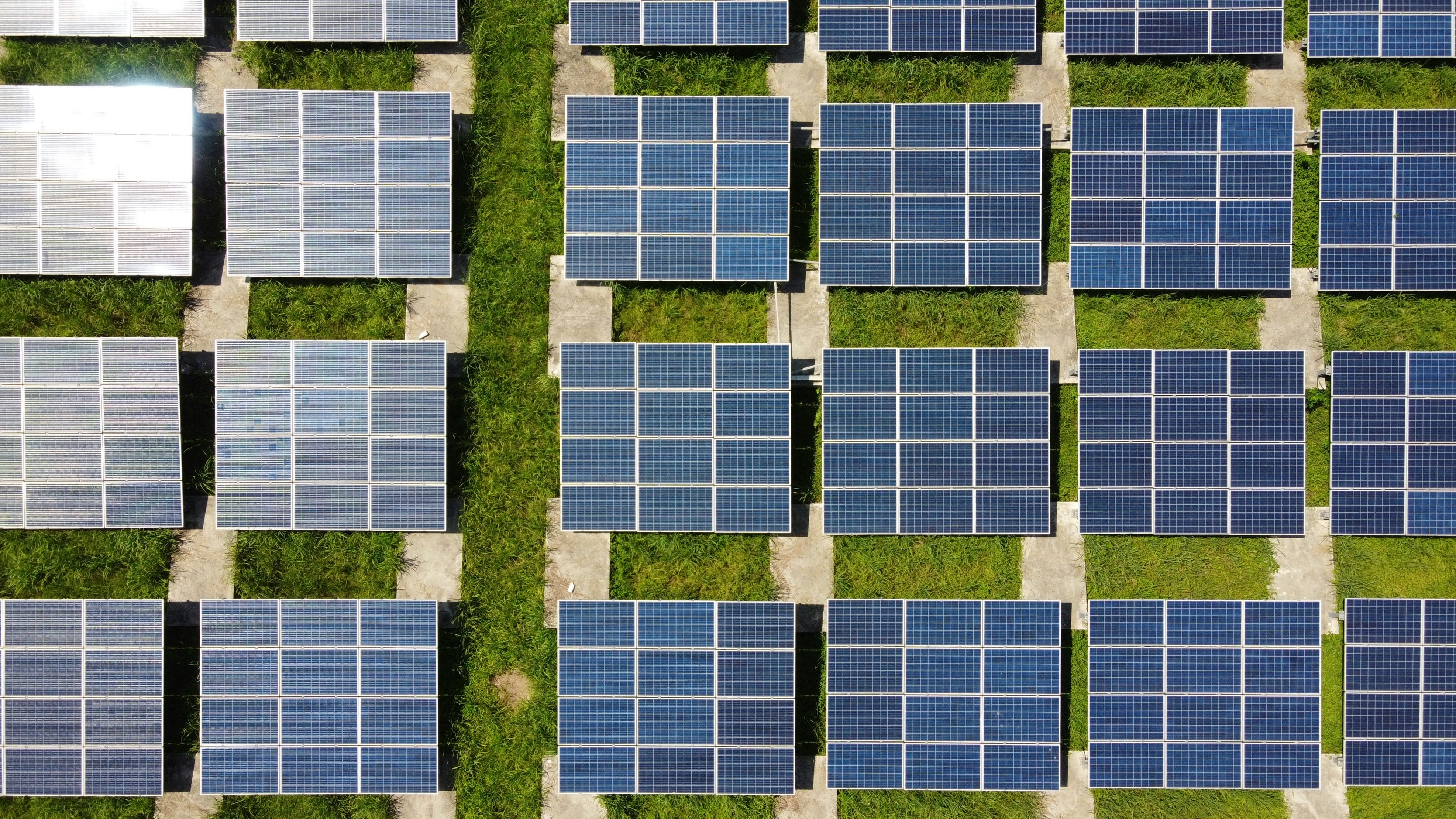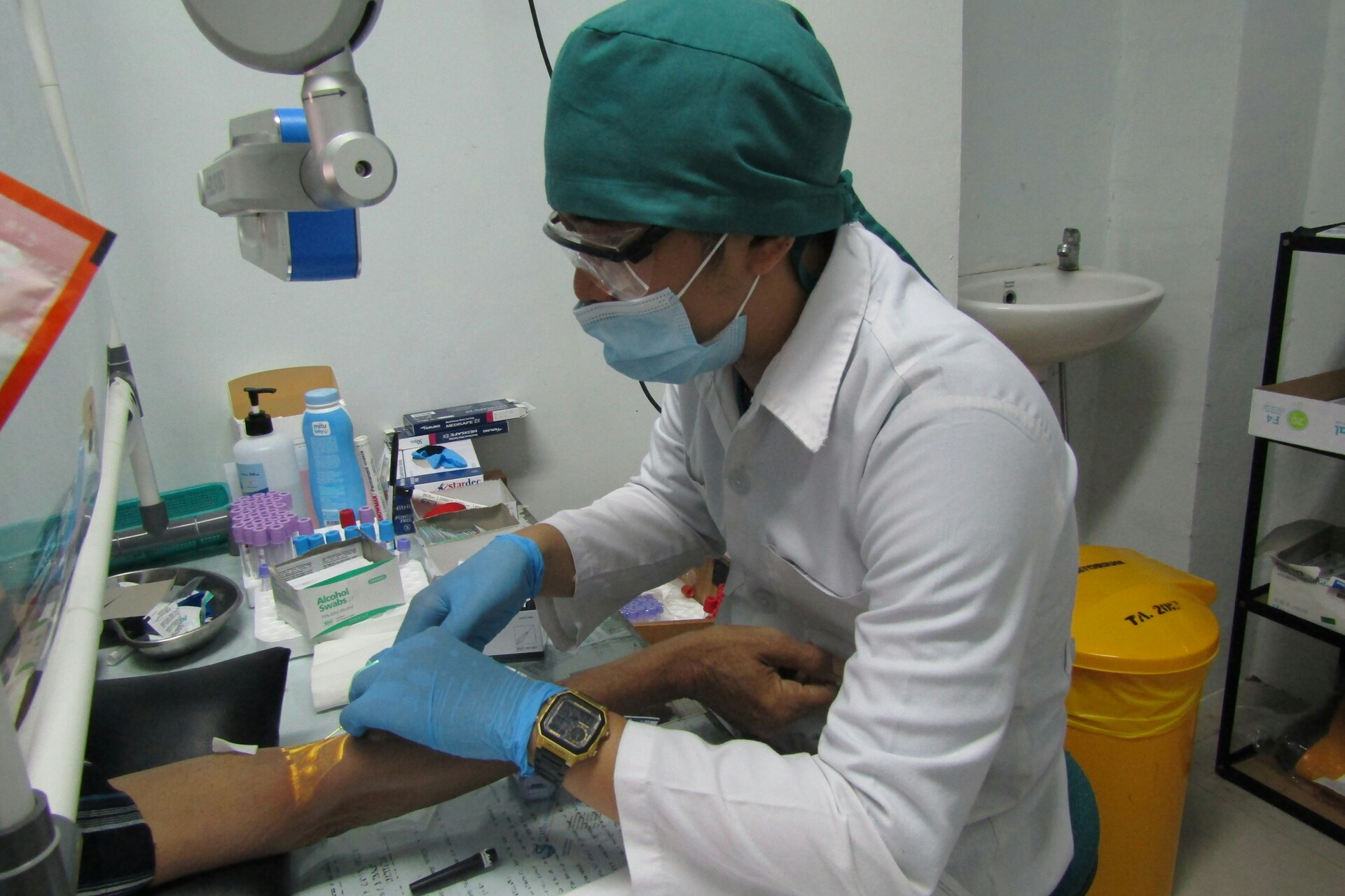President Joko Widodo (Jokowi) was in Beijing last week for the 3 Belt and Road Forum (BRF) for International Cooperation. As much as it is always critical to preserve the cordial relationship with China, this recent visit does not look good in the eyes of both domestic and international audiences. Three elements account for that preposition: frequency, timing, and substance. This article argues that President Jokowi needs to revisit his foreign trip plans and consider those three factors more thoughtfully, given the current geopolitical situation. Visiting China more often than others could send a wrong signal that free-and-active foreign policy doctrine and democracy at home may no longer be in place. Not only the United States, but two of Indonesia's close East Asian partners and members of the Association of Southeast Asian States (ASEAN) may likely get the visit wrong too.
The Visit
It is no longer a secret that diplomatic ties often do not compel President Jokowi to make a foreign trip. It is potential economic gains for his infrastructure agenda, new capital ideas, industrializing critical minerals, or electric vehicles that likely do the job. This China trip offers all of them. Before kicking off his agenda, President Jokowi attended the Indonesia-China Business Forum, where he raised new business deals worth around US$ 12.6 billion. The following day, President Jokowi secured
ten new Memorandum of Understanding (MoU) during his bilateral meeting with Chinese President Xi Jinping. Implementation of China's Global Development Initiative (GDI), Coordinating Mechanism to Jointly Promote Global Maritime Fulcrum (GMF) and Belt-and-Road Initiative (BRI), as well as Investment and Economic Cooperation are among the signed MOUs.
The economic agenda did stop in those two meetings. In another in-person talk, President Jokowi requested Premier Li Qiang's support to expedite Chinese investment in Indonesia's new capital and the construction of a green industrial park in North Kalimantan. In the opening ceremony of the 3rd BRF, President Jokowi repeated the same point about Indonesia's aspiration to synergize its new capital with the BRI while sending three blunt messages to the participants. First, a sense of ownership ensures BRI projects' sustainability in the partner countries. Second, the mutually beneficial principle must prevail by having robust planning, a transparent financing scheme, as well as resourcing local labor and components. Third, BRI projects must solidify the economic foundation of partner countries rather than burdening their fiscal condition. These blunt messages hint at Indonesia's reflections on BRI infrastructure projects.
On the sidelines of his main agenda, President Jokowi also engaged with other foreign leaders formally and informally. A bilateral meeting with Sri Lankan President Wickremesinghe was the only formal meeting with publicly available official information. The two presidents explored market access for Indonesia's palm oil products, expansion of Indonesia's state-owned enterprises, and a preferential trade agreement between Indonesia and Sri Lanka. Whereas media captured small talks between President Jokowi and Russian President Vladimir Putin, no available official information was provided. There were not so many pressing economic matters between Indonesia and Russia compared to Sri Lanka or China. Even President Jokowi made time in his departure day to meet the Head of China's National People Congress to reaffirm the GMF-BRI synergies' success and expect support for its continuity from China's parliament.
Always Economic Motives
That October visit is not the first one President Jokowi had for this year. Looking at the President's travel itinerary, he already visited China to attend the FISU World University Game (WUG) back in July. However, there are two reasons why it is difficult to buy in that a sporting event could lead to Jokowi's China trip. First, President Jokowi never attended the previous FISU despite having three opportunities since his inauguration. Those three were the 2015 in South Korea, the 2017 in Taiwan, and the 2019 in Italy. Even to be more particular, President Jokowi could have attended a bigger-scale sporting event, such as the Olympiad, but he chose not to. The opportunities included the one hosted by Brazil in 2016 and Japan in 2020.
Second, official coverage of the President's agenda during that time was dominated mainly by economic-related meetings rather than supporting Indonesian athletes. President attended the WUG opening ceremony and met the Indonesian delegation. But that was it. There was no information on whether the President watched any branch of sport being competed. Most official press statements cover President Jokowi's bilateral meeting with President Xi Jinping, the Indonesia-China Chamber of Commerce (INACAM) and several Chinese business leaders.9 10 11 President Jokowi secured new investment from Chinese private sectors for industrializing silica sand in Rempang and petrochemical in North Kalimantan aside from eight documents with Chinese officials.12 In short, FISU appears to be coincidental, if not a cover-up to his economic goals.
Too Frequent?
Two China visits in less than a year are unusual for President Jokowi. To begin with, it is unusual because he never had such frequent travel to fellow ASEAN countries, regardless of whether Indonesia held the ASEAN chairmanship this year. Singapore is the only exception, given the distance, multi-faceted cooperation, and long-standing leaders' retreat between the two. This optics likely signals that Indonesia has become too pragmatic rather than ideological in preserving ASEAN. It may also leave an impression that Indonesia has taken the remaining ASEAN members for granted. Although this uneven traveling frequency is common in ASEAN, Indonesia's decision could have a larger meaning considering its position as primus inter pares in- and a co-founder of ASEAN.
Two China visits are also unusual, considering the current U.S.-China rivalries. On the one hand, Indonesia has successfully safeguarded the free-and-active foreign policy doctrine since its independence in 1945. On the other hand, coming to Beijing more often these days would not guarantee Jakarta a good image in the eyes of Washington. The sentiment may get bitter, considering that President Jokowi has not traveled to D.C. since the beginning of this year. Indonesia will be seen as aligned with China, even if the visits reflect its pragmatism more than shared geopolitical aspirations. Tiring long-haul flights poses a natural stumbling block to more America's visit. However, it could have been solved had President Jokowi shown more faith and enthusiasm to attend the United Nations General Assembly in New York. At the very least, Indonesia could play its part regardless of America's unpredictability and inconsistent presence in the East Asian Summit.
Consistent attempts to balance Indonesia's relations with three strategic East Asian partners — Japan, China, and South Korea- make the two visits rather unusual. In 2015, President Jokowi allocated his time to visit Japan first before attending the BOAO Forum for Asia in China. Similarly, President Jokowi consecutively dedicated one day each for China, Japan, and South Korea during his short trip to the region last year. This year, President Jokowi only came to Japan for the G7 Outreach Summit in May and did not visit South Korea. It takes two to tango, indeed. But President Jokowi's indifference to this situation would likely provide fertile ground for misperceptions in Tokyo and Seoul.
Is it the right timing?
Beyond its frequency, what also appears problematic about President Jokowi's recent China trip is that its timing coincides with an unusual ruling of Indonesia's Constitutional Court. The ruling justifies any Indonesian below 40 years old to run for Presidential Office as long as they have experience or are currently ruling as elected officials. As much as this ruling enables wider political space for the younger generation, it does not resonate well with the public, considering conflicts of interest and political pressures that allow President Jokowi's son to join Indonesia's 2024 presidential election. Whereas China might have nothing to do with this and the visit must have been arranged months earlier, pundits in the Western hemisphere could have interpreted this coincidence differently. Indonesia- China ties could be seen as moving from mere pragmatism to somehow shared political idealism as democracy in the former backslides. A warm gesture between President Jokowi and Russian President Putin in China could add more evidence to the perspective.
The second visit also took place amidst criticism of Chinese investment in Indonesia. As much as the public is enthusiastic about trying the China-funded Jakarta-Bandung High-Speed Rail (HSR), they still have reservations about the project's sovereign debt. The concern is valid as Indonesia has to bear US$720 million of the project's overrun cost, of which three-fourths of that amount would come from China Development Bank's loans with a 3.4% interest rate. The recent clash between Rempang residents and Indonesia's state apparatus is another case of China's investment under scrutiny. The conflict was triggered by using coercive measures against local opposition to land clearance related to China's Xinyi Group investment plan in the area. Considering that particular investment was signed during President Jokowi's China visit in July, China's image in the eyes of Indonesians could be negatively implicated despite it having nothing to do with the coercion taken by the Indonesian side. The public would likely be more skeptical as the next President revisits China.
Is Indonesia too dependent on China?
Frequency and timing are not the only reasons the visit results in bad optics. It is substance, too. In a world where diversification trends prevail, President Jokowi deliberately chose to deepen Indonesia's entanglement with China including in the country's strategic sector. Energy transition is one example. Amidst sluggish progress of the G7-led Just Energy Transition Partnership (JETP), Indonesia's state- owned electricity company (PT. PLN) signed business deals with Chinese companies during the President's visit. The plan was to develop a smart grid for clean energy and construct Indonesia's
largest solar panel manufacturer in the Kendal Industrial Park. Although it seems normal to include China in the process, given its position as a leading renewable powerhouse, Indonesia should not forget that Yudhoyono's 10,000 MW electricity program did not end well after only working with China. Its financing was somehow delayed due to the cancelled purchase of China's Xian Aircrafts by Indonesia's national airline Merpati and the impacts of the 2008 Global Financial Crisis.
Another deepening entanglement also emerges in Indonesia's electric vehicle (EV) aspiration. Not only working in the upstream critical mineral processing sector, but Chinese companies are now exploring opportunities to manufacture EV batteries in Indonesia. The recently signed deal between Indonesia Battery Corporation and China's Contemporary Amperex Technology Limited evidenced this trend. While the deal could offer short-term solutions to Indonesia's shortage of investment and technology, the country must realize that global EV trends do not stand in a vacuum. The Western market demands a more diversified supply chain rather than heavily dominated by China, as shown by the United States Inflation Reduction Act with its provisions about tax credits and foreign entities of concern, as well as the European Union with its investigation of China's EV dumping practices.Conversely, the Chinese market is unlikely to welcome imported EVs as it is currently facing overproduction. If the two potential markets cannot accept Indonesian-manufactured EVs, this is
the time for Indonesia to evaluate whether its EV aspiration has been pursued strategically. The substance of the President's visits must not make Indonesia too dependent on a single country or allow Indonesia only to become a market.
A Way Forward
This article emphasizes that visiting China is not unproductive and has merits. Good rapport between Indonesian-Chinese leaders must be preserved by the election cycle as the relationship has benefitted the country. This article aims to reaffirm the importance of three aspects —frequency, timing, and substance— for Indonesian leaders when planning and making a foreign trip. Indonesian officials cannot frequently visit just one particular country compared to others, as the country still champions free and active foreign policy doctrine unless the narrative changes. Balancing the frequency of foreign trips would be necessary.
Indonesian leaders should carefully watch the timing of their visits. It is in the country's interest to continuously reassure partners that high-level visits do not necessarily signal alignment and are just a part of establishing diplomatic rapport and long preparation by our officials. Indonesian leaders must also gain a comprehensive perspective before determining the substance of their visits. It must go beyond pragmatic purposes, such as securing foreign investment or increasing added values of mineral commodities, and more into safeguarding Indonesia's long-term competitiveness as well as autonomy in this current geopolitical situation.
By taking these three factors into consideration, optics of the future Indonesian President’s foreign trips would be likely better than President Jokowi’s recent China visit









